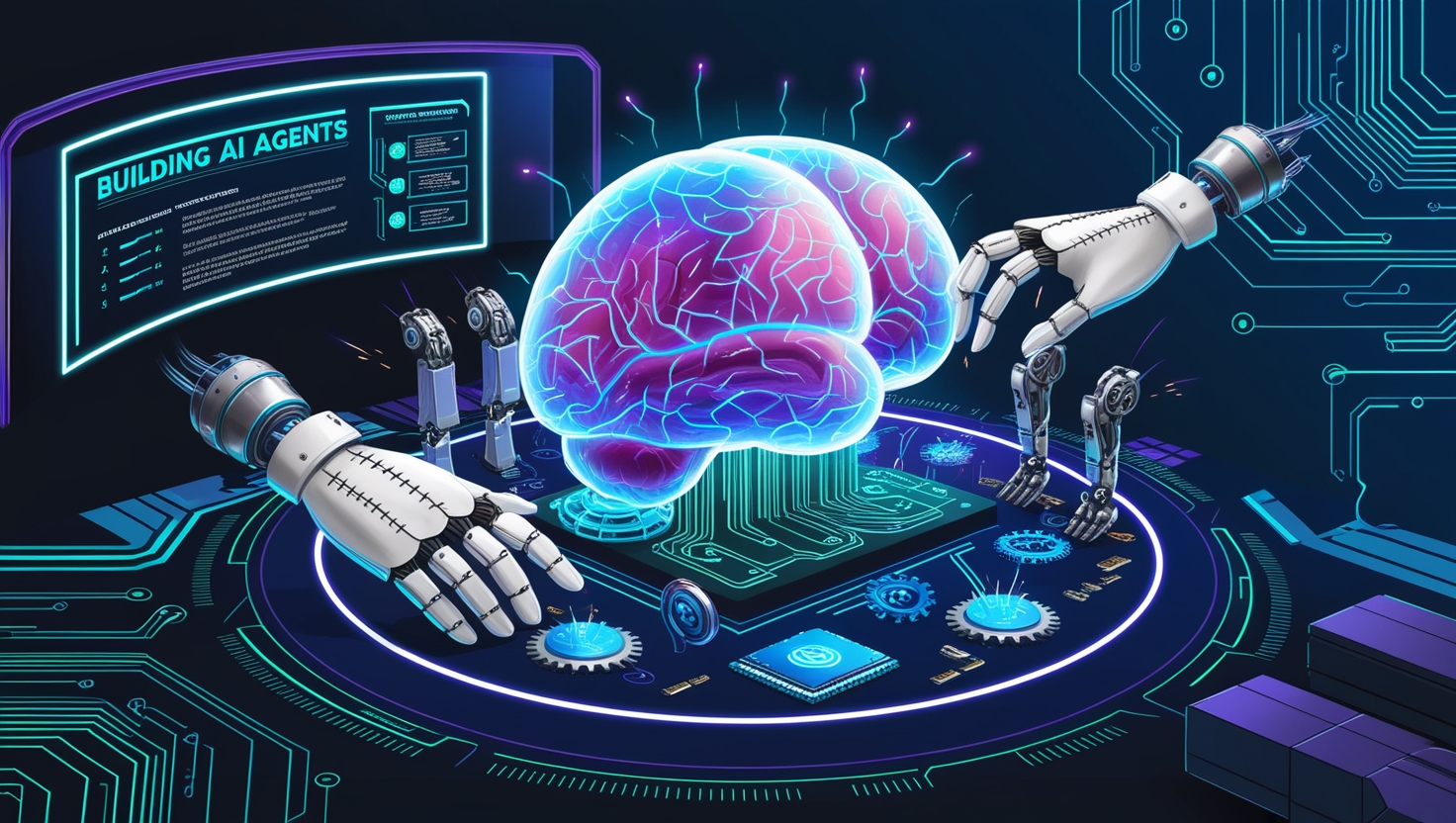The Role of Ethics in AI Software Development in Germany
Artificial intelligence (AI) is transforming industries worldwide, and Germany is at the forefront of this revolution.
With advancements in AI software development in Germany, ethical considerations have become a central topic. But why is ethics so crucial in AI? Simply put, ethical AI ensures fairness, transparency, and accountability, minimizing harm while maximizing benefits.
Importance of Ethical Standards in AI
AI systems can significantly impact people’s lives. From job recruitment to loan approvals, decisions driven by AI must be fair and unbiased.
Ethical standards guarantee that AI technologies do not perpetuate discrimination or violate privacy rights. Developers need to build systems that prioritize trust and security.
Current Landscape of AI Software Development in Germany
Germany is a leader in AI innovation, particularly in areas like autonomous vehicles, healthcare, and fintech.
With heavy investments in AI research and development, ethical frameworks are gaining traction.
Companies are increasingly integrating AI into their products, making ethical considerations more relevant than ever.
Germany’s Approach to Ethical AI Development
Germany has taken a proactive role in establishing ethical frameworks for AI. The government’s Artificial Intelligence Strategy, introduced in 2018, focuses on promoting AI innovation while ensuring it aligns with ethical principles.
1. Regulatory Compliance
German developers are required to comply with national and EU-wide regulations, such as GDPR and the Ethics Guidelines for Trustworthy AI by the European Commission. These guidelines emphasize human-centric AI that respects privacy, fairness, and accountability.
2. Collaboration and Innovation
Germany encourages collaboration between academia, industry, and government to develop AI systems that adhere to ethical standards. Initiatives like the Platform Learning Systems and AI Ethics Labs focus on researching and promoting ethical AI practices.
3. Emphasis on Sustainability
Sustainability is an integral part of Germany’s approach to technology. AI development is no exception, with efforts aimed at minimizing the environmental impact of AI training and deployment. Developers are exploring energy-efficient algorithms and resource-optimized systems.
How Businesses Can Embrace Ethical AI Development
For companies involved in AI software development, embedding ethics into the development process is essential for long-term success. Here are some actionable steps:
- Conduct Ethical Audits
Regularly review AI systems for compliance with ethical standards, focusing on transparency, bias, and privacy. - Engage Diverse Teams
Involve diverse perspectives during AI development to identify potential biases and ethical concerns early. - Educate Stakeholders
Train employees, developers, and users on ethical AI principles, fostering a culture of accountability and responsibility. - Partner with Ethical Organizations
Collaborate with institutions and organizations in Germany that promote responsible AI practices, ensuring adherence to ethical guidelines.
Key Ethical Principles in AI Development
Transparency in Algorithms
AI systems must be explainable. Developers should provide insights into how decisions are made to build user trust.
Data Privacy and Protection
AI solutions must comply with data privacy laws, ensuring personal data is secure and used responsibly.
Accountability in Decision-Making
Developers and organizations should be held accountable for AI-driven outcomes. This includes implementing audits and establishing clear responsibility.
Regulations Governing AI Ethics in Germany
Germany follows EU laws, including the GDPR and the upcoming AI Act. These regulations enforce strict compliance with ethical standards, focusing on data protection, fairness, and transparency.
Suggested Category for more Information: https://freshvoicehub.com/category/business/
Ethical Challenges in AI Software Development
Bias in Machine Learning Algorithms
AI systems often reflect biases in training data. Developers must address this issue to ensure fairness.
Lack of Transparency
Users often struggle to understand AI decisions. Transparent processes can bridge this gap.
Security and Privacy Concerns
With AI handling sensitive data, security breaches are a constant risk. Developers must prioritize robust security protocols.
Addressing Bias and Fairness in AI Systems
To combat bias, developers can use diverse datasets and regular audits. Tools like IBM’s AI Fairness 360 help test algorithms for fairness.
Privacy and Data Protection in AI Software Development
Adhering to GDPR guidelines ensures ethical data handling. Techniques like anonymization and encryption enhance security.
Suggested Read: https://appinventiv.com//blog/ai-trends/
Accountability in AI Development
Establishing accountability frameworks clarifies who is responsible for AI actions. This fosters trust and minimizes misuse.
Conclusion: Shaping an Ethical Future for AI
Ethics in AI software and mobile app development services in Germany is more than a regulatory requirement—it is a commitment to fairness, transparency, and accountability.
By addressing biases, ensuring privacy, and maintaining compliance, Germany can lead the world in ethical AI development.
Developers, regulators, and businesses must collaborate to create AI systems that benefit society while minimizing risks.
FAQs
1. What is the role of ethics in AI software development?
Ethics ensures fairness, transparency, and accountability in AI systems, promoting trust and reliability.
2. How does Germany regulate AI ethics?
Germany follows EU regulations like GDPR and the AI Act, focusing on data protection and fairness.
3. What challenges do developers face in ethical AI implementation?
Developers struggle with biases, transparency issues, and data privacy concerns in AI systems.
4. How can biases in AI algorithms be reduced?
Using diverse datasets, regular testing, and fairness tools can minimize biases.
5. What tools are available for ethical AI testing?
Tools like AI Fairness 360, TensorFlow, and H2O.ai offer features to evaluate and improve AI ethics.














Post Comment